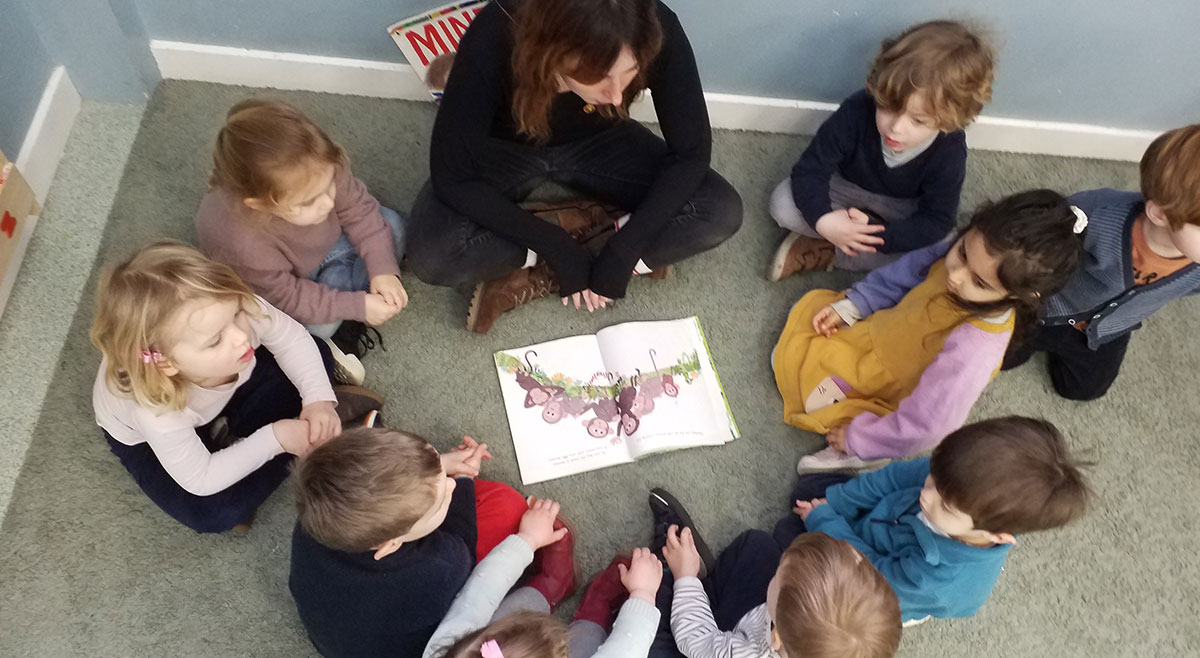By Noon
One of the main policies for each Nursery is to provide each child with a key person. A key person’s role is to cater to each child’s specific needs and personal development. Having a key person enables the parents to build a rapport with the nursery and provide them with any key information they would need in order for their child to feel more settled within the space.
Children will learn, develop and reach milestones at their own pace, which is why having a key person closely observing and recording key milestones are vital for a child’s development as it can help guide parents on the next steps in their child’s education and what can be focused on whilst they are at home. Whilst at nursery, a child’s key person will plan out focus-led activities, small groups, and one on one sessions based on their key child’s needs. The aim of each of these sessions is to enhance their development within the seven areas of learning. For example, the toddler room at Willows Pre-School will adhere some of their group sessions around numbers, therefore setting up an activity where several shapes or animals are drawn and the children will have to match the number with shapes/animals. This type of activity makes it easier to assess which child may need more support and will then join their key person for a one-to-one.
Having a key person may allow parents to feel more comfortable in not only sharing key information about their child’s educational needs but also about their personal home life which may be an important variable in a child’s behavior, this can then enable everyone to work together.
At Willows Pre-School, each key person takes pride in familiarising themselves with their Willows pre-school and forming a relationship with their parents. Before a child is provided with a key person, they are firstly monitored by the room leaders and all staff within their room. This helps the child form relationships with all the staff members but also allows extra care to be provided whilst the child is settling in. Pick up and drops off are times spent recapping how the child may be feeling about coming in that morning and parents reporting anything the nursery may need to know the same can be said for pick-ups as they will always receive a summary of the child’s day.
Photographs of the children conducting various activities throughout the day are taken so that each parent will receive observations throughout their nursery week. This will enable the key person to let parents know about their child’s new likes and dislikes they may have experienced within the nursery. For example, this can be any new games, books, or even food. This helps parents understand more specifically what their child has taken an interest in, and any key skills they may have developed, and also provides comfort that their child is safe and being looked after. Messages are also sent from and to the parents, allowing there to be an open dialogue of communication at all times.
The relationship between parents and key persons is believed to be a crucial part of child development, especially within the early years. Providing a child with a key person can be the partnership between education and parenting.



